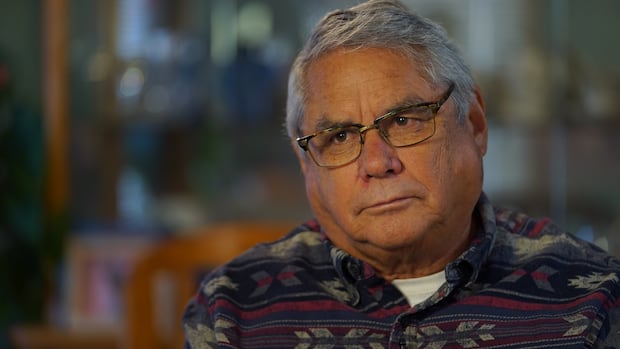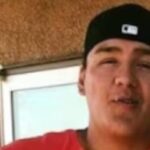SaskatchewanDoug Cuthand, longtime Indigenous columnist for the Saskatoon StarPhoeinx has retired from the paper after a prostate cancer diagnosis.Cuthand, 75, has been diagnosed with prostate cancer Sarah Onyango · CBC News · Posted: Nov 23, 2025 2:23 PM EST | Last Updated: 1 hour agoListen to this articleEstimated 3 minutesThe audio version of this article is generated by text-to-speech, a technology based on artificial intelligence.Cuthand, 75, made the announcement about his diagnosis in a final ‘see you later’ column in Saturday’s paper. (Richard Agecoutay)For more than three decades, Doug Cuthand has put Indigenous stories into print — stories about history, lived experiences and communities moving forward. His final weekly column for the Saskatoon StarPhoenix began with not goodbye, but with a teaching, that the past shapes the present, and that Indigenous stories must continue to be told with a responsibility. “I just felt that there was a real need to save and preserve some of the stories that were out there, and also it’s very important to tell our point of view,” said Cuthand, who was diagnosed with prostate cancer and is leaving the paper to focus on his health. Growing up on reserve, he learned from older historians, Elders, community storytellers and knowledge keepers. They were his first newsroom. “A lot of great storytellers out there, people who tell stories that pass along history.” Cuthand got his start in the industry not through journalism school, but by simply doing the work. He mastered his craft at student newspapers, first at Calgary’s Mount Royal, then at Simon Fraser University. “It was a sort of training on the job and combined that with my basic academic work,” he said. His work would soon explore Indian agents, residential schools and what it means to live as an Indigenous person in Canada. A trailblazer, and a teacher Merelda Fiddler-Potter still remembers meeting Cuthand for the first time at the First Nations University of Canada, a time when Fiddler-Potter was just starting out and discovering her voice in journalism. “He was definitely a trailblazer,” she said. “I first met him as somebody who was actually talking about really challenging issues between communities here in this province and across the country in a way I think nobody else was.” Fiddler-Potter emphasizes that Cuthand didn’t just expose hardship in the Indigenous community, he wrote it with humanity. “He talked about really difficult things that we have to deal with everyday, like racism, poverty, and addictions in a way that gave people agency,” said Fiddler-Potter. She notes that Cuthand’s early work predated many national conversations on topics like missing and murdered Indigenous women, treaty rights and systemic injustice.”He was talking about issues like missing and murdered women long before mainstream was picking it up.” Not leaving, just changing the format At 75, Cuthand isn’t retiring from storytelling, only from the weekly routine of column writing. He says that his diagnosis means his health comes first, but he doesn’t see this as an ending, more a transition. “I’m not transitioning out of work. I’m transitioning out of a daily newspaper, a weekly newspaper,” Cuthand said. He still runs his production company, Blue Hill Productions, and has plans for new upcoming projects. “It’s long-form documentary stuff and things like that. But it’s still very important and it’s still journalism and it’s still telling our story.”As he steps away, Cuthand hopes young journalists will carry forward the same storytelling that defined his own career. “Tell it like it is,” he said. “Go there, cover the nasty stories, a lot of our people want us to cover the good stuff and I say let’s get out there and point out what’s really wrong.” ABOUT THE AUTHORSarah Onyango is a reporter and producer at CBC Saskatchewan. She holds a bachelor’s degree in journalism at the University of Regina. Sarah is passionate about diverse storytelling in Saskatchewan. She can be reached at sarah.onyango@cbc.ca
After decades of championing Indigenous voices, Doug Cuthand steps away from StarPhoenix column











